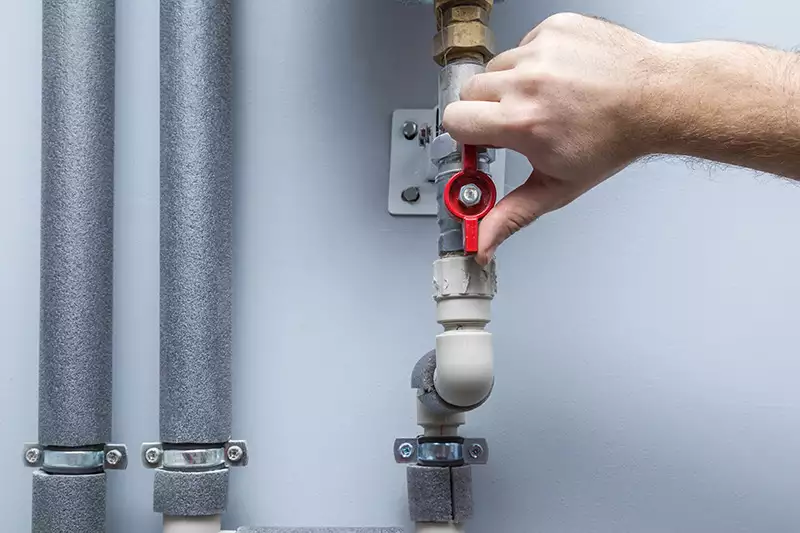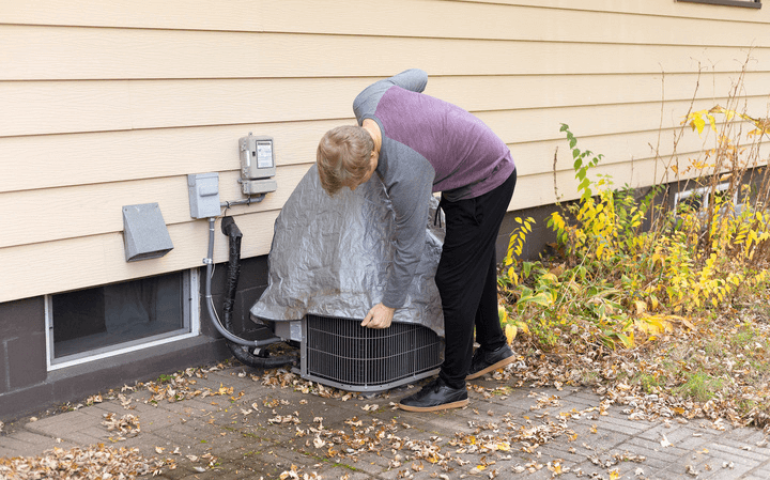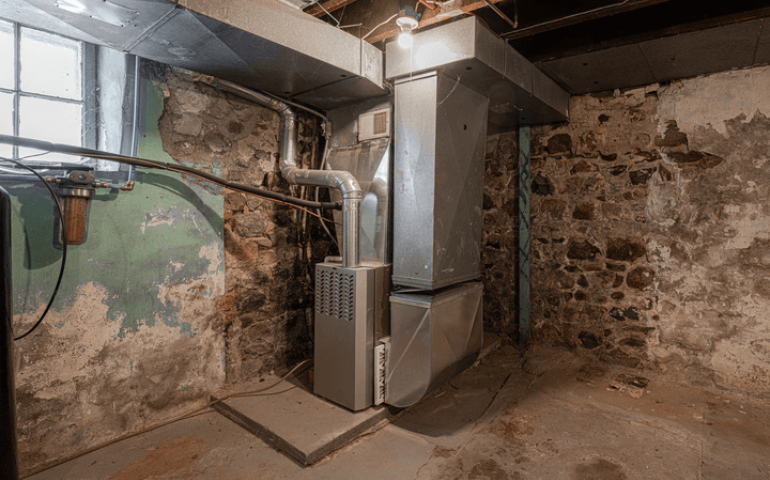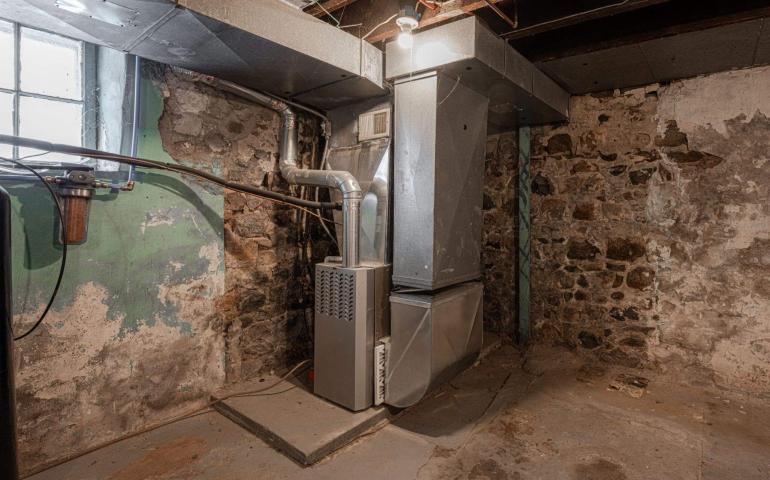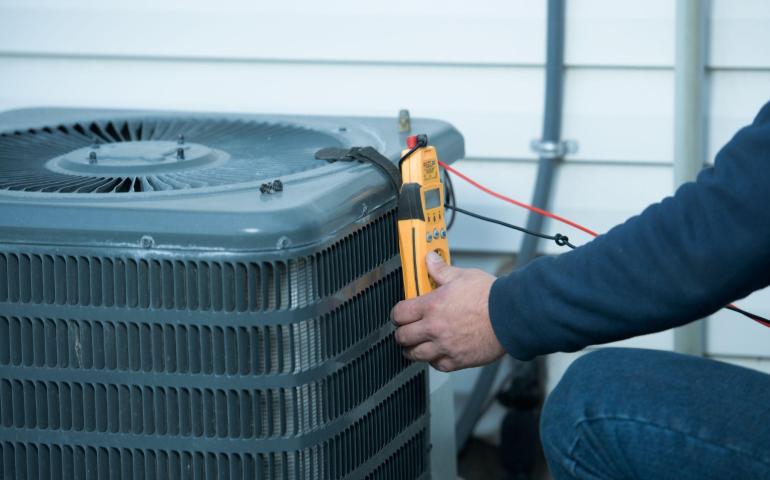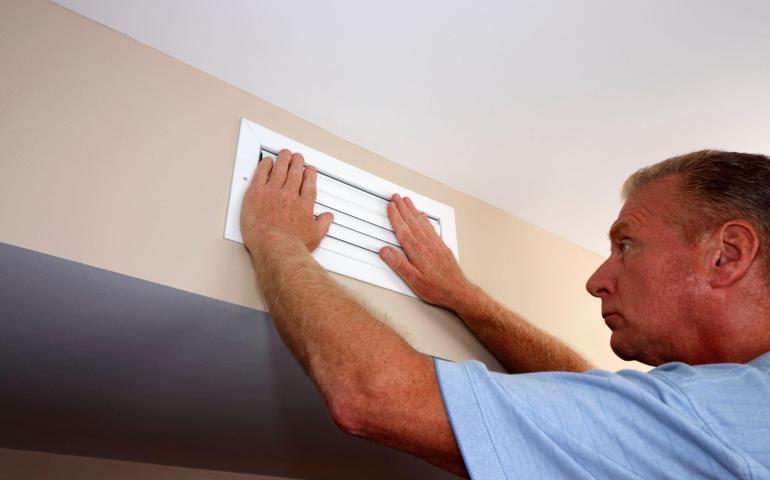Just what is an HVAC emergency? Sure, this may seem like a simple question. However, it's one that can create some confusion among homeowners. After all, it's only natural to wonder if something out of the ordinary going on with your home's heating and cooling system warrants immediate assistance. We clear things up below by offering some guidance regarding what's generally considered an HVAC emergency – and what's not.
No Heat Emitting From Unit
If your home's furnace or heat pump isn't producing the heat required to keep your living spaces warm when it's cold outside, this is definitely an emergency. Without heat, temps in your home can quickly dip when it's freezing. Prompt HVAC service assistance allows such situations to be resolved promptly.
Your Cooling Mode is Blowing Warm Air
A lack of cold air coming from your air conditioner is also an HVAC emergency, especially on a hot, humid summer day. In fact, an air conditioner not working on a hot, humid day can be especially problematic if your household includes children, older adults, and pets.
Safety-Related Concerns
Some HVAC issues can present serious safety risks if not addressed as quickly as possible. If, for instance, you see sparks or smoke coming from your furnace, air conditioner, or heat pump, this is an emergency warranting immediate attention. You should also contact us immediately if any of the following safety-related concerns are involved:
- Leaking refrigerant
- Loud or unusual sounds during operation
- A strong smell of gas
What's Not Considered an HVAC Emergency?
Granted, it's not a good idea to ignore any heating or cooling system issue for too long. That said, some HVAC issues aren't actual emergencies. In other words, these are typically things that can be dealt with during regular service hours. Typically, the following HVAC-related issues aren't considered emergencies:
- General HVAC repairs when it's not too hot or cold outside.
- Routine filter cleanings or changes.
- HVAC maintenance service.
- New HVAC installations when your existing unit is still working.
- HVAC upgrades or improvements.
- Lack of operation due to a power outage in your area.
Steps You Can Take First
Fortunately, there are some steps you can take on your own before calling for emergency HVAC assistance. If you're getting warm air instead of cold air, for example, check your thermostat to see if the settings are correctly adjusted. Other steps that could resolve HVAC problems include:
- Checking to see if your circuit breaker has tripped.
- Turn off the unit if there's a buildup of ice to give it a chance to melt.
- Make sure the service switch wasn't accidentally turned to the off position.
- Checking easily accessible connections to make sure nothing's loose or unplugged.
Call Us Today
Master Mechanical is here for you for the HVAC services you need. We invite you to consider our preventative HVAC services as well. Routine maintenance is also what reduces your risk of being surprised by heating and cooling emergencies in the first place. Contact us today to schedule an appointment or request urgent assistance.

